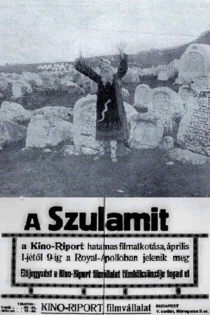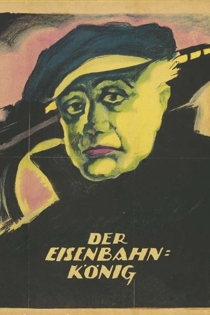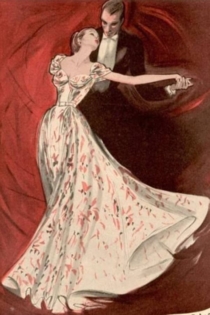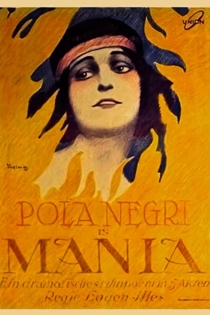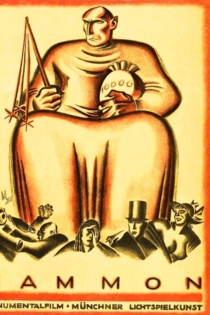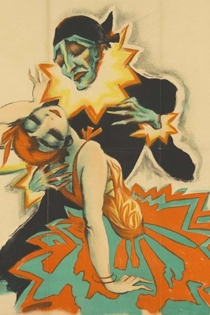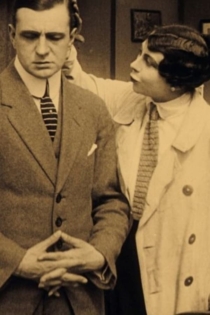
Eugen Illés
1877 - 1951Das gefährliche Alter
Eugen Illés
Asta Nielsen, Trude Hesterberg
The gorgeous 40-year-old Elsie Lindtner lives in a beautiful house, and is married to a respectable university professor. And yet, there’s something that nags her. She’s about to reach “the dangerous age”, when beauty begins to fade and boredom kicks in. She falls in love with a younger man and divorces her husband, but ends up hiding away in a country house where she can age in secret.
The Dangerous Age
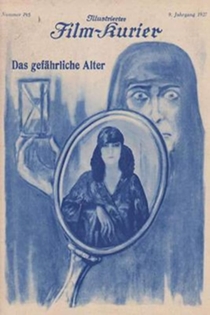
Der gelbe Schein
Victor Janson, Eugen Illés
Pola Negri, Harry Liedtke
"The Yellow Ticket" (aka "The Devil's Pawn") was directed by Vicor Janson and Eugen Illes as a German project shot partially in Warsaw. A story of a Jewish girl forced to hide her identity in order to attend medical school in St. Petersburg, the movie is a melodrama of multiple oppression. Lea, as played by Negri, is at a disadvantage as a woman, an orphan and a Jew -- and yet has immense persistence and an insatiable ambition of becoming a doctor. The film includes more than one plot twist (the final one further complicating the issue of Lea's identity), but it's first and foremost a testimony to a spirit impossible to suppress.
The Yellow Ticket
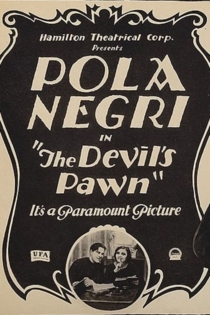
Alraune, die Henkerstochter, genannt die rote Hanne
Joseph Klein, Eugen Illés
Max Auzinger, Friedrich Kühne
Mad scientist, doctor Ten Brinken artificially inseminates a prostitute with a dead man's semen. The resulting child grows up to be a beautiful, evil woman who turns against her creator.
Alraune, die Henkerstochter, genannt die rote Hanne
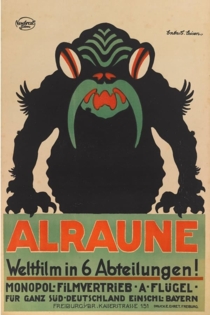
Szulamit
Eugen Illés
Margit B. Kornai, Béla Bátori
Shulamith was written in 1883 by the father of modern Yiddish theatre, Abraham Goldfaden. The opera, based on an ancient legend, tells the story of Shulamith, a girl who is trapped in a well in the desert and falls in love with her rescuer. Although they vow to be faithful he marries someone else, but years later are reunited. Shulamith was the opening performance at the Hebrew Dramatic Club in Princes Street in 1886 and ever-popular with the crowds, it returned to the Yiddish stage in London a number of times in the 1910s and 20s. The well-loved lullaby Raisins and Almonds was written by Goldfaden for the opera.
Shulamith
